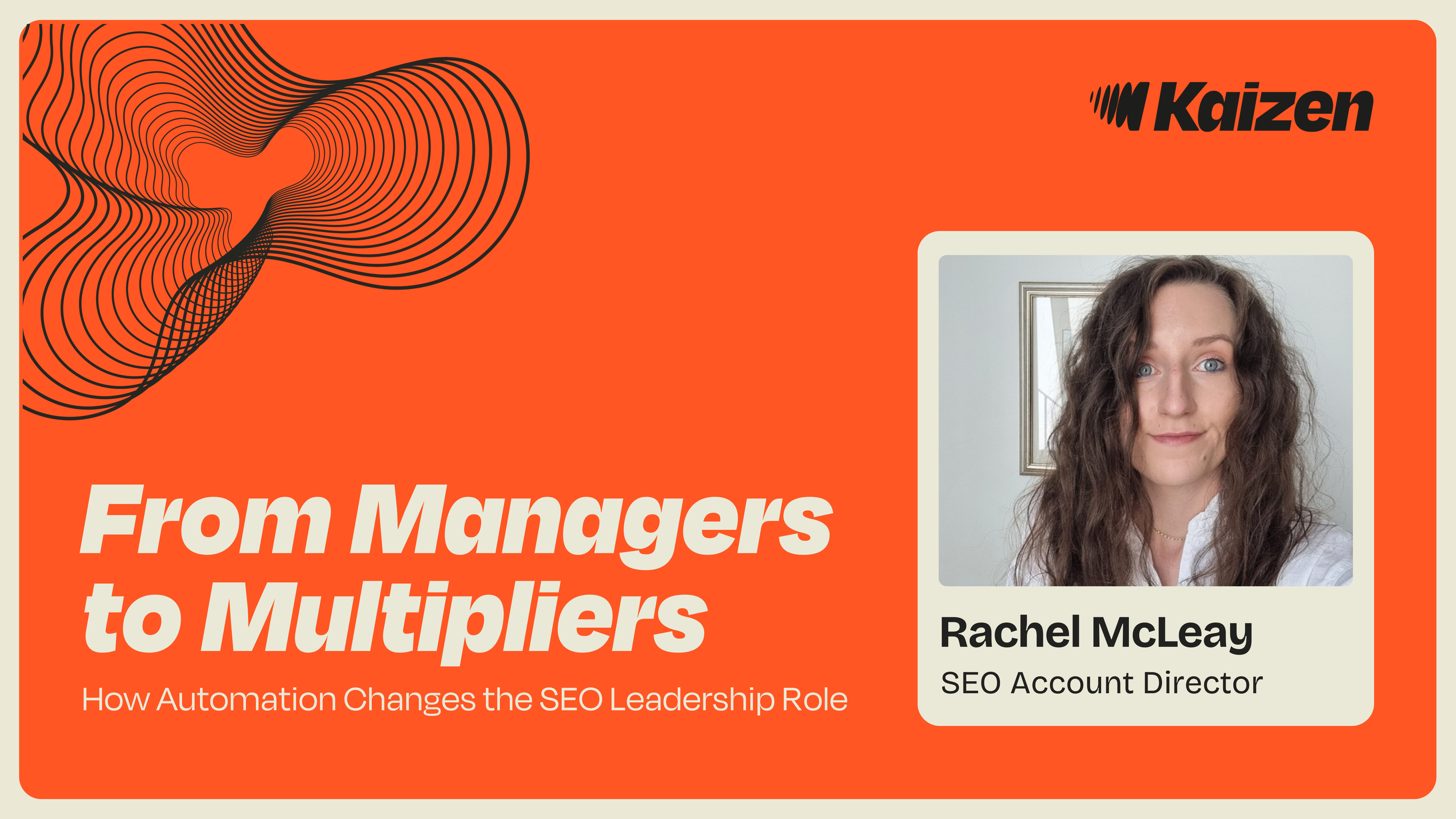5 Tips for Managing Remote Digital PR Teams
A study published in the European Journal of Social Psychology found that it takes 18 to 254 days to form a new habit. If you have lived through the Coronavirus pandemic, like me, you’ve probably been working from home for two years now, and this “new way of working” has become part of your routine, […]

A study published in the European Journal of Social Psychology found that it takes 18 to 254 days to form a new habit. If you have lived through the Coronavirus pandemic, like me, you’ve probably been working from home for two years now, and this “new way of working” has become part of your routine, whether you like it or not.
The premise behind working from home was attractive. We were supposed to have a better work/life balance, avoid those long commuting hours and save tons of money on public transport or fuel. While these advantages are real, working remotely also poses risks, the impact of which we often underestimate.
A lack of communication or proper training has resulted in many digital PR teams working extra hours to deliver campaigns on time and achieve their desired results. Moreover, sharing the same space for our personal and professional lives and being constantly connected to the internet and smartphones can be the perfect recipe for burnout and high turnovers in many agencies.
As a manager of a small team of three people at Kaizen, I have constantly asked myself what I can do to improve, give the proper support to my team, and make sure that they understand what they are doing and what is expected of them. For this reason, I decided to share with you my five tips to effectively lead a remote digital PR team.
Tip 1: Recruit the right people and with the right methods
It might seem obvious, but now more than ever, it is essential to recruit proactive employees who will deliver results without the need for micromanagement or constant follow up. Managers need to trust their teams, especially when performing routine activities like preparing prospecting lists or sending emails to journalists. At the same time, Senior Executives and Junior Executives have to trust in the advice and support they are getting from their managers.
When interviewing new candidates, ask them how they feel about working remotely, what they do to motivate themselves, when they feel more productive, and their favourite tasks. This will guarantee that you will recruit the best candidates for your team.
It’s also essential to create an effective remote hiring and onboarding process that will allow you to introduce your employees to the work environment as if they were in the office. It’s important to follow procedures and manuals to guarantee access to the correct information and tools.
Tip 2: Promote the company values
One of the hardest things about working from home is creating a sense of belonging and being part of something. Each company has its own culture and set of values, but some companies are more efficient in communicating them and putting them into practice. When you have a remote team, it is harder to instil those values in your employees.
Our company values are at the forefront of everything we do at Kaizen, from recruiting to performance measuring. We use them in our 1-2-1 meetings, as part of our capability frameworks and job descriptions, and in our onboarding process.
When you include your company culture in all your processes, it’s easier for employees to digest and reflect on their actions, whether they are at home or in the office.
Tip 3: Do regular checks with your team
Since you are not sharing an office, it can be challenging to know if what you have communicated has been understood, especially for new employees. It’s essential to guide your team on their tasks, give them additional points of view or ideas they haven’t thought of before and help them organise their priorities for the day or the week. Digital PR agencies can be overwhelming because we work with multiple clients on very tight deadlines, and your team will always rely on you to bring solutions.
At Kaizen, we do regular morning meetings with our teams to establish their priorities, and we also have weekly meetings to talk about the progress of specific campaigns. We use Google Meet for catch-ups, but we constantly communicate with different Slack channels throughout working hours. We also have a hybrid working model which allows us to work at home or in the office as we please, with regular in-person socials and meetings to help foster communication and team-building.
Tip 4: Focus on tasks rather than time
More than a 9-to-5 approach, I prefer to focus on outcomes, which is why our clients have hired us in the first place. Working from home requires flexibility, and we can’t expect our employees to sit in front of a screen for eight hours without distractions if they share their space with pets, children and other members of their families.
Instead, I encourage the delivery of results. I’m very straightforward in my morning meetings about what I hope to see as the result of a particular task that I have assigned, and I also ask my team to work on time and avoid staying extra hours. At Kaizen, we offer flexible working hours to allow staggered start times to ensure everyone is working at the time that best suits them and their lifestyle while ensuring we’re all present for key meetings.
Tip 5: Show empathy and be flexible
If we want to promote engagement, happiness and good performance, we have to show empathy. In these very technological times, empathy is what makes us human. The pandemic has turned our lives upside down. We all have experienced stress, uncertainty, anxiety, or irritability that can affect our ability to concentrate or finish tasks.
If you add the fact that many people have lost their loved ones as a consequence of the pandemic or haven’t been able to see their families abroad for a long time due to the travel restrictions, it’s evident that many people won’t be able to give 100% at their jobs.
One of the good things about working remotely is that we can be more flexible. New technologies allow us to be able to work from anywhere. At Kaizen, we have introduced a scheme that allows our employees to work from any location in Europe for three months. This has allowed members of our teams to visit their families abroad without using their annual leave and has significantly improved mental health and well-being in general.
Overall, the last two years has taught me a lot about myself, managing my team and being flexible to ensure I get the most out of everyone in it. Productivity is important, but well-being is the key to long-term success.
Want to know what the Kaizen team can do for your brand? Get in touch.

 Search
Search PR
PR AI Visibility
AI Visibility Social
Social


















